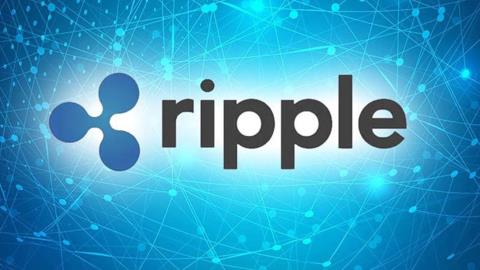
Similar Posts

Hong Kong’s Securities and Futures Commission Launches Strategic Roadmap to Transform the City into a Global Virtual Asset Hub
The ASPIRe roadmap aims to enhance Hong Kong’s virtual asset (VA) ecosystem through five pillars: Access, Safeguards, Products, Infrastructure, and Relationships. The Securities and Futures Commission (SFC) recently held the first meeting of a virtual asset consultative panel to foster collaboration among licensed trading platforms. The roadmap seeks to streamline global liquidity, improve security compliance, and modernize financial infrastructure using blockchain technology. Key measures include new regulations for custodians, expanded product offerings, enhanced trading platform requirements, and initiatives to combat illicit activities. Dr. Eric Yip emphasized that the roadmap is a dynamic blueprint for advancing Hong Kong as a global innovation hub.

Unlocking the Goldmine of Blockchain Gaming: Discover the Future of Play and Profit
Blockchain technology is transforming the gaming industry by introducing decentralization, enhancing transparency, and ensuring security. This innovation allows players to have true ownership of in-game assets, facilitated by tokenization as NFTs, and introduces play-to-earn (P2E) models where players can earn rewards through gameplay. While this democratizes gaming and creates new professional opportunities, challenges such as scalability, user education, and onboarding remain. As the technology matures and developers embrace blockchain, the potential for innovative games and economic freedom for players expands, promising a significant evolution in the gaming landscape.

Ripple Revolutionizes Cross-Border Payments with Seamless Stablecoin Integration
The recently launched RLUSD stablecoin is quickly gaining traction in the cryptocurrency market, with a market capitalization nearing $250 million and trading volumes around $10 billion. Ripple’s Jack McDonald noted that RLUSD’s adoption is exceeding expectations, being utilized in both crypto and traditional finance. Unlike many stablecoins aimed at retail users, RLUSD is designed for global enterprise use, enhancing cross-border payment efficiency. It has been integrated into Ripple Payments, benefiting clients like BKK Forex and iSend. As demand grows, RLUSD’s applications in various financial sectors are expected to expand, indicating a promising future in digital currency.

Stripe Soars to $91.5 Billion Valuation: How AI Investments Are Driving Growth
Stripe and its investors are set to repurchase shares to improve liquidity for current and former employees, signaling a valuation rebound close to its 2021 peak, following a March 2023 funding round that valued the company at $50 billion. In its annual letter, Stripe reported a 38% year-on-year increase in total payment volume, reaching $1.4 trillion in 2024. Cofounders Patrick and John Collison attributed this growth to investments in AI, increased adoption, and support for emerging businesses. They also emphasized the rising significance of stablecoins in the economy, noting their potential to enhance financial systems and promote growth.

Toulouse Embraces the Future: Pay Your Commute with Cryptocurrency!
Tisséo, the public transportation operator in Toulouse, France, has launched a system enabling passengers to buy tickets for Metro, bus, tram, and cable car using cryptocurrencies via an app on Android devices. A third-party provider facilitates the conversion of digital currencies into euros for seamless transactions. While the innovation excites many, some commuters, like 60-year-old Patrice, remain skeptical about cryptocurrency’s suitability for small payments. This initiative not only enhances convenience and speed but also aligns public transit with modern technology. Its success could influence broader acceptance of cryptocurrencies in various sectors.

Exploring the Future of Finance: The Powerful Fusion of Traditional Finance (TradFi) and Decentralized Finance (DeFi)
The convergence of traditional finance (TradFi) and decentralized finance (DeFi) is reshaping the financial landscape, driven by blockchain innovations. Initially operating separately, both sectors now engage in collaborations, such as Project Mariana for cross-border payments and the emergence of stablecoins. Traditional finance players, like BlackRock, are actively participating in blockchain developments, including Bitcoin ETFs and tokenized funds. As regulatory frameworks tighten, DeFi protocols are exploring formal registration to meet compliance standards. This evolving ecosystem is integrating blockchain into various financial institutions, making cryptocurrencies and tokenized assets mainstream while requiring leaders to adapt to new technologies and regulations.
